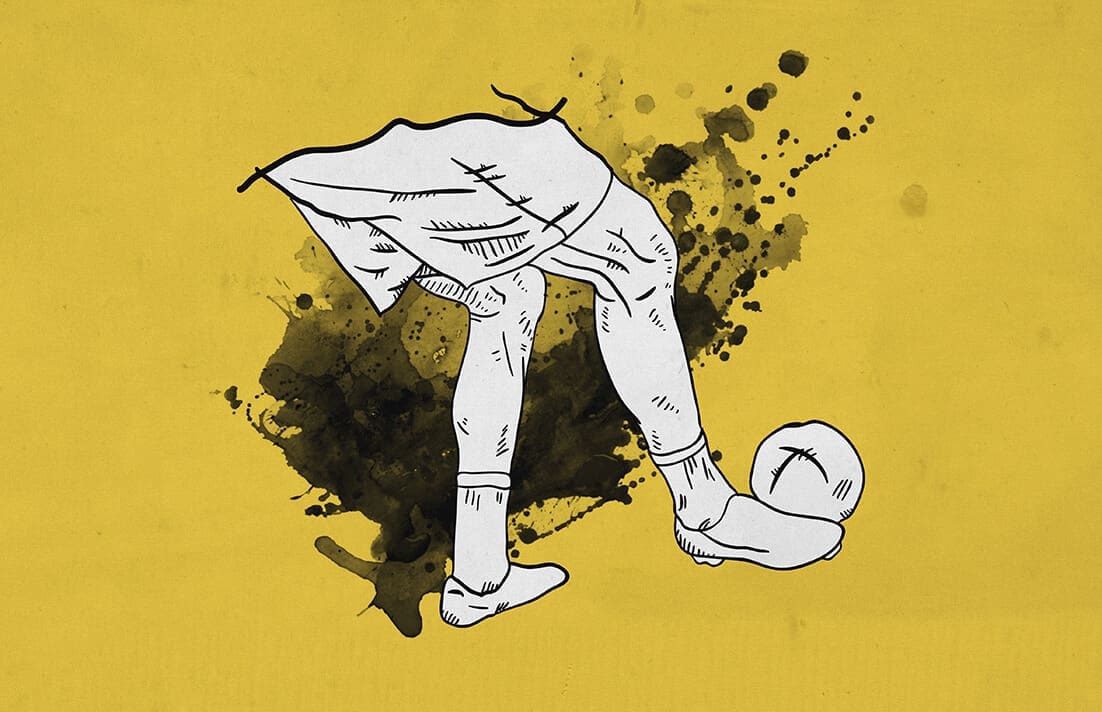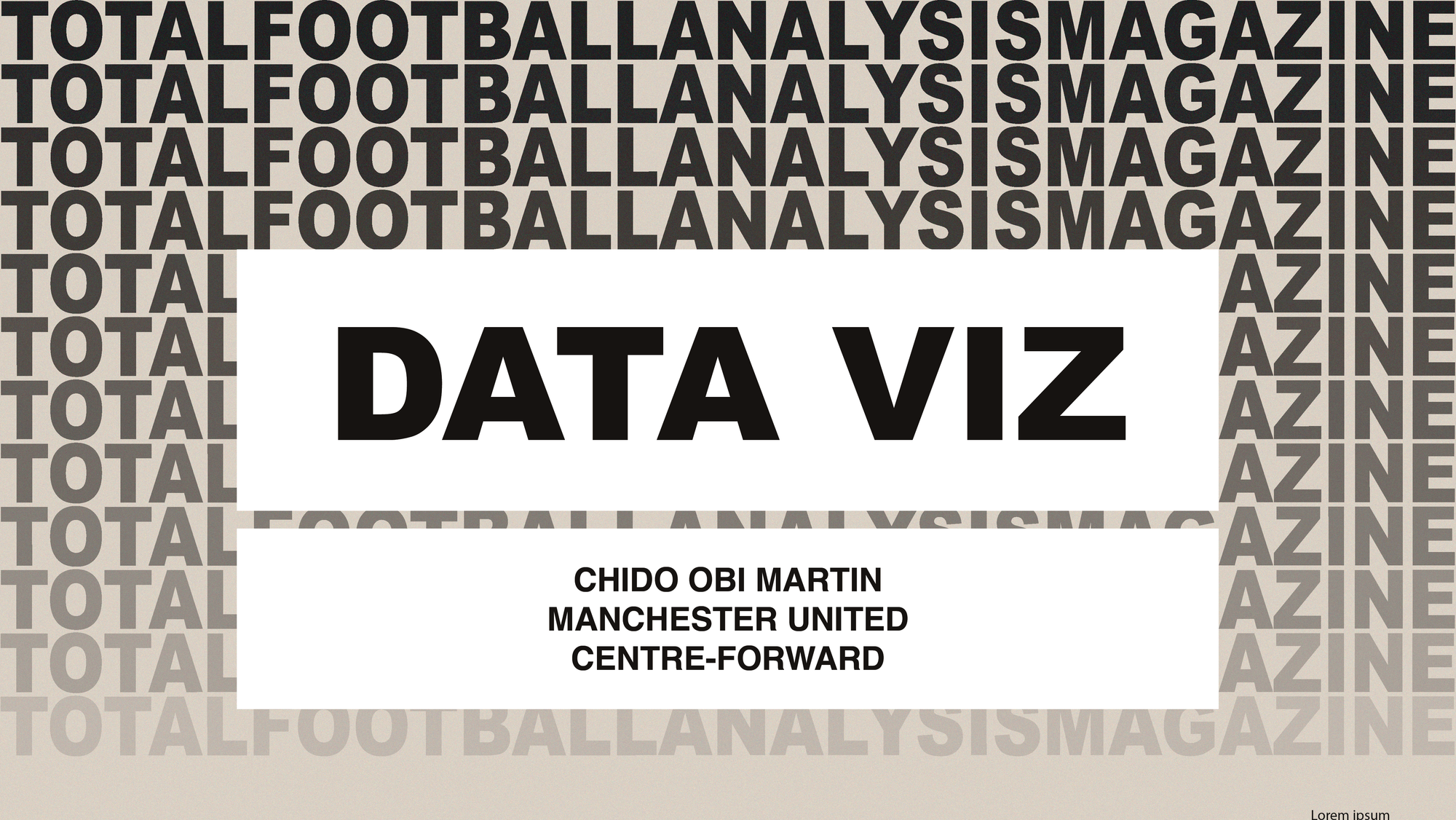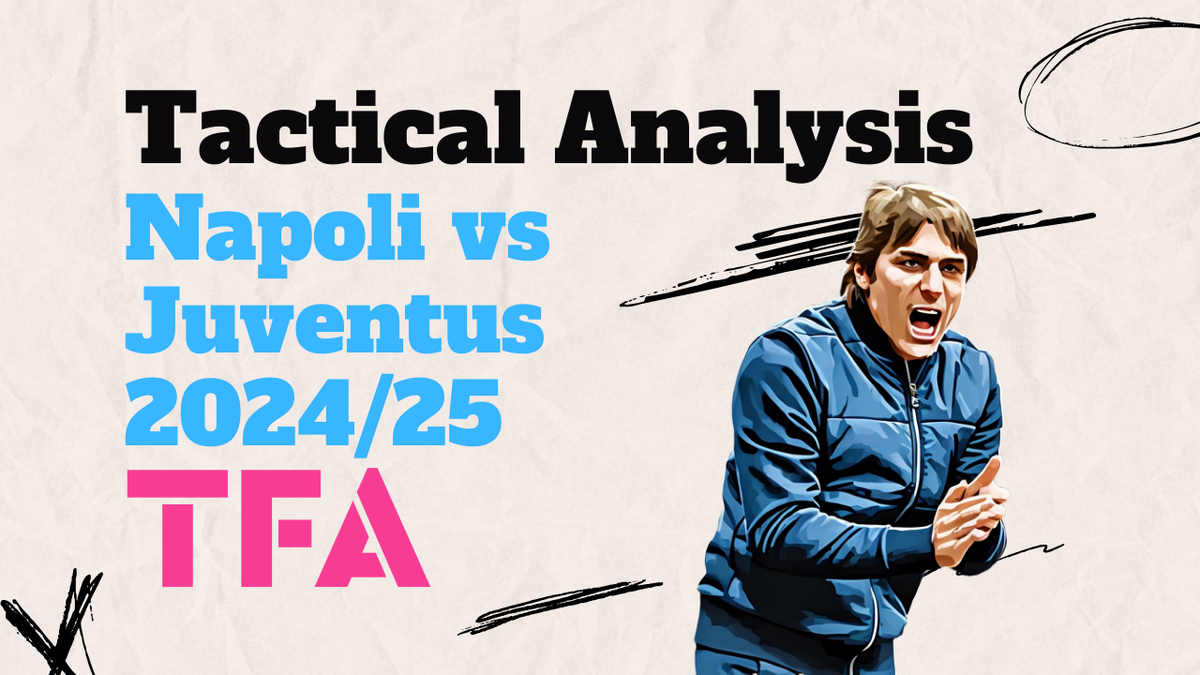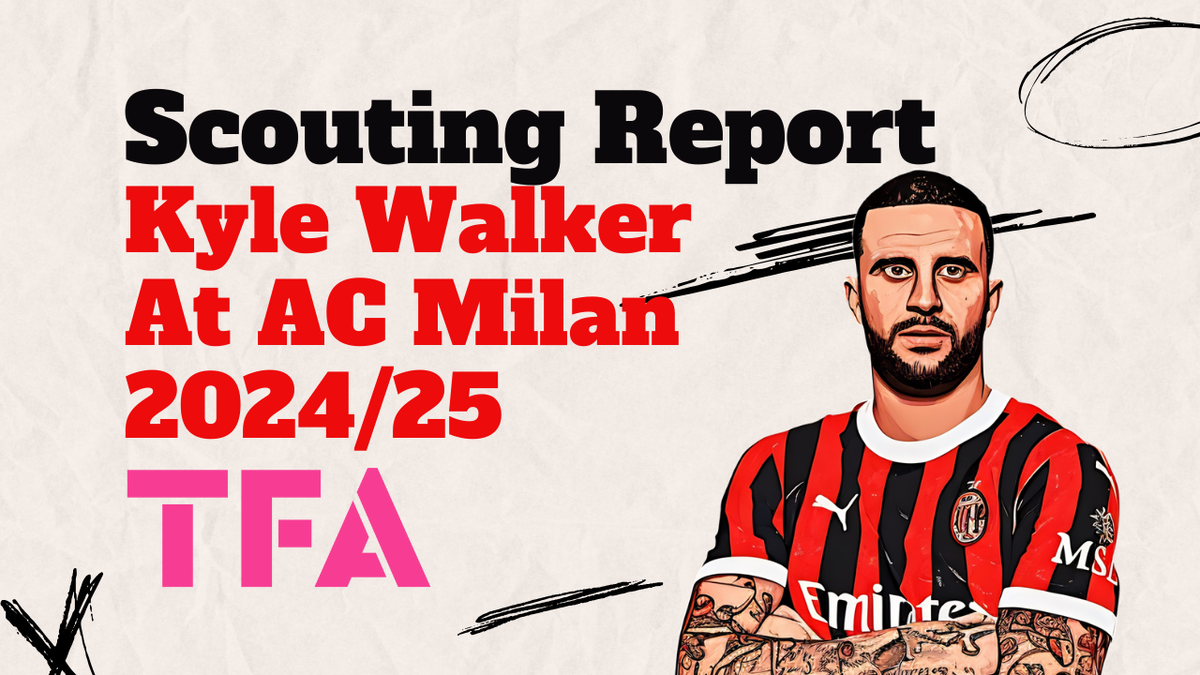Modern football, with its seemingly unending supply of money, to fund players’ lavish lifestyles and support their media commitments has turned into something which might make the ‘ordinary’ man on the street, the work-a-day football supporter feel disenfranchised, and maybe even give the impression that the game has become something for the elite.
However, the counter-argument to this is that fans are now getting to see the best football ever. The players are highly trained, their skills are sky-high and constant training means their stamina and energy is always at its peak. Fans can then be treated to top class sporting entertainment across a wide variety of platforms.
For some fans, it’s enough – but for others, they want a return to a more grass roots level. Local club support without any bells and whistles. To enjoy the beautiful game, without any pretence of glitz and glamour.
One tournament has set out to look at the latter and see what it can do to bring together disenfranchised fans and indeed, disenfranchised countries, in the spirit of uniting everyone behind football.
Establishing CONIFA
CONIFA, otherwise known as the Confederation of Independent Football Associations, is a global acting not for profit organization. It supports representatives of international football teams from nations, de-facto nations, regions, minority peoples and sports isolated territories across Europe and the rest of the world.
You can learn all about this year’s event in this Guide to CONIFA Euro Football Cup 2019, but in short, it will be held in Artsakh, a small region of Azerbaijan, hit by unrest and civil war during the 1990s. It is aiming to bring people from impoverished parts of Europe, often countries that have been at war with each other, together, in a bold move that sees football and politics collide.
To explain this notion further, James Hendicott has written a debut book about CONIFA and how it hopes to bring football back to its grassroots level. The tome, called ‘CONIFA: Football for the Forgotten’ takes an insider’s look at 2018’s CONIFA World Football Cup in London.
Hendicott argues that CONIFA tries to be apolitical and says that they encourage fans to fly the flag of their team, but not to fly political messages. Fans can only sing their own national anthem and can’t be seen to be supporting any other causes than their own countries. So, for instance, if you tuned up at a match with a Free Tibet sign, but weren’t from there, you’d have to discard it. It’s using politics within football to effectively separate politics from football, which is a canny idea. Hendicott also argues it’s a way of celebrating culture and diversity.
The CONIFA world cup was held in London last year and since then, the charity has gone on to help smaller, non-traditional nations to play on a larger, global stage. Countries, regions and territories without any established football association are all recognised and represented.
Not a conventional organisation
CONIFA isn’t a conventional organisation, but they do take their work very seriously. To bring all the teams together and encourage participation takes serious thought and effort. There will be areas of the world taking part that many of us might not even have heard of. This year’s European Cup, taking place from 1st to the 9th June, involves regions in the Ukraine and Azerbaijan that have often been at war with each other, but are taking part in order to try to heal past division.
There are some comical events. Tibet, as an example, play on a pitch during training, in which cows have right of way. This means that every time cattle come onto the field; play has to stop.
Attendance for games can be low, with as few as one hundred people having tickets for some matches. However, when it comes to the finals, often they are much better represented with as many as four thousand people wanting to see the match.
Hendicott says it is a wonderful thing to witness, and to see smaller teams getting attention. In an interview with The42, he said: “It’s amazing at how consistent some of the support at these games are. You walk around the streets you see Manchester United shirts or Liverpool shirts. You walk around games like this, you see the colours of St Pauli, Dulwich Hamlet, FC United of Manchester”
Many people won’t have heard of the nations taking part in this year’s European Cup and it might take a lot of research to get to know anything about the places where the matches are being played.
Hendicott’s book offers a valuable insight into how CONIFA works, and what it hopes to achieve. He says that during his time writing and researching fifty people from the organisation were involved in helping him on some level, which gives a sense of how seriously he (and they) took his work.
This year’s European tournament looks set to get even more media attention and will hopefully put a spotlight onto some hitherto unknown regions of the world that have somehow slipped from our attention. These teams are out there playing the game for the genuine love of it and have little or no access to any of the training or money that today’s top flight players do. In essence, this is what some fans have been craving, people who go out to play football for the love of the game and the thrill of the sport. It’s nothing to do with riches or fame. It’s grassroots.






Comments